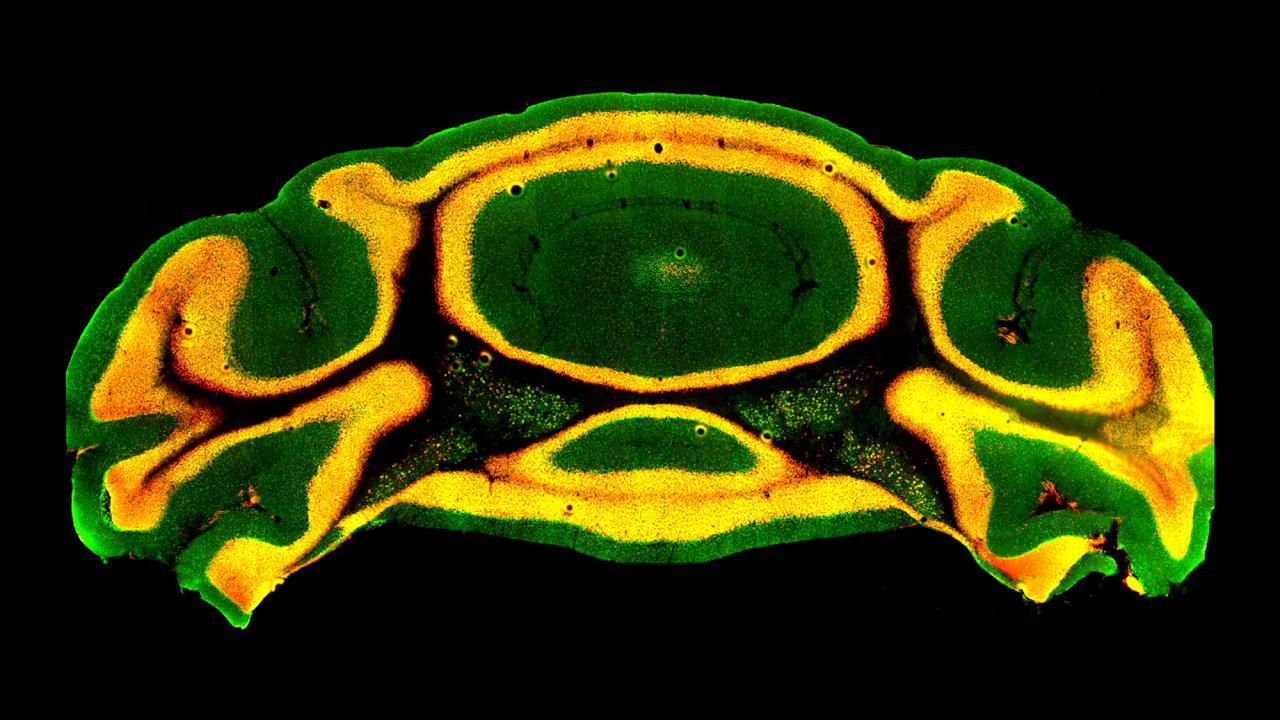
New Research Suggests Cerebellum May Play Important Role in Autism
NIMH grant will fund studies on how autism risk gene impacts a crucial, but long-overlooked brain area
Researchers in the College of Biological Sciences have received a grant to study the role of the cerebellum in autism. “We need a more holistic understanding of the brain circuits that drive this disorder,” says Alex Nord, an associate professor of neurobiology, physiology and behavior (NPB), and a researcher at the Center for Neuroscience (CNS). “The cerebellum is a key component that has been largely overlooked until recently.”
